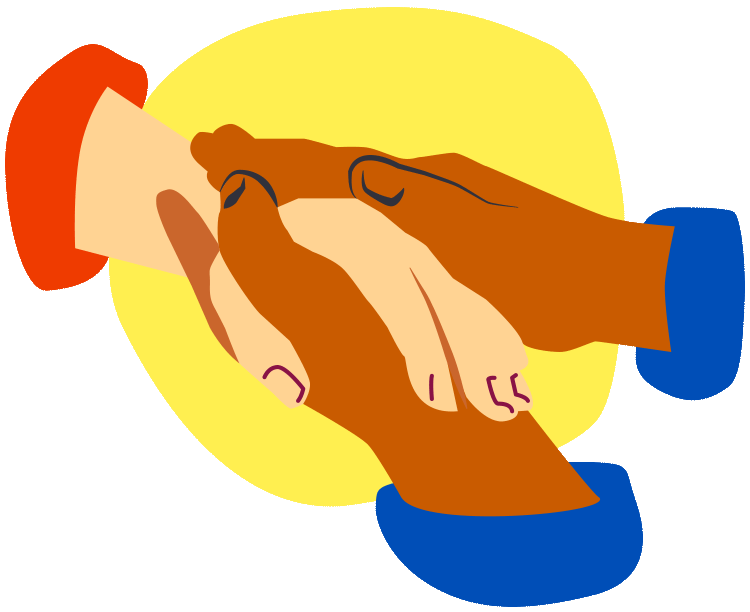Treatment and intervention
Treatment options
Our Treatment Choices booklet and handouts take you through a whole range of approaches to support your mental health and well-being, from peer support, self-help and spiritual approaches, to meaningful occupations, diet, exercise, talking therapies and medications
There are lots of options to choose from for ways to support your mental health and well-being. Our Treatment choices booklet and handouts, tell your more about these treatments, how they work, whether they work, and what people really think of them!
In terms of medicines, some of the most commonly used in EIP are Aripiprazole, Olanzapine, Quetiapine and Risperidone, but there are others. They all work in a similar way in the brain but can feel different to take. Different medications suit different people so discussing the options with a doctor, care co-ordinator or pharmacist is important.
There are also different types of psychological or talking therapies. Cognitive Behaviour Therapy aims to reduce distress and help you get back on with life by looking at thinking and behaviour patterns. Family Intervention aims to reduce stress and tension within families and help families to cope better with what’s happening. This also reduces the chances of getting another episode of psychosis.

All of these treatment options are recommended by the National Institute for Health and Care Excellence (NICE) as good for people with unusual distressing experiences.
Arts therapies might also be good, especially if you’ve stopped doing a lot of stuff like seeing friends and going out and you’re finding it really difficult to be bothered to do anything.
Do have a look in our Treatment Choice booklet for information and to help you decide what treatment is best for you!

Read more: Seeking help for psychosis